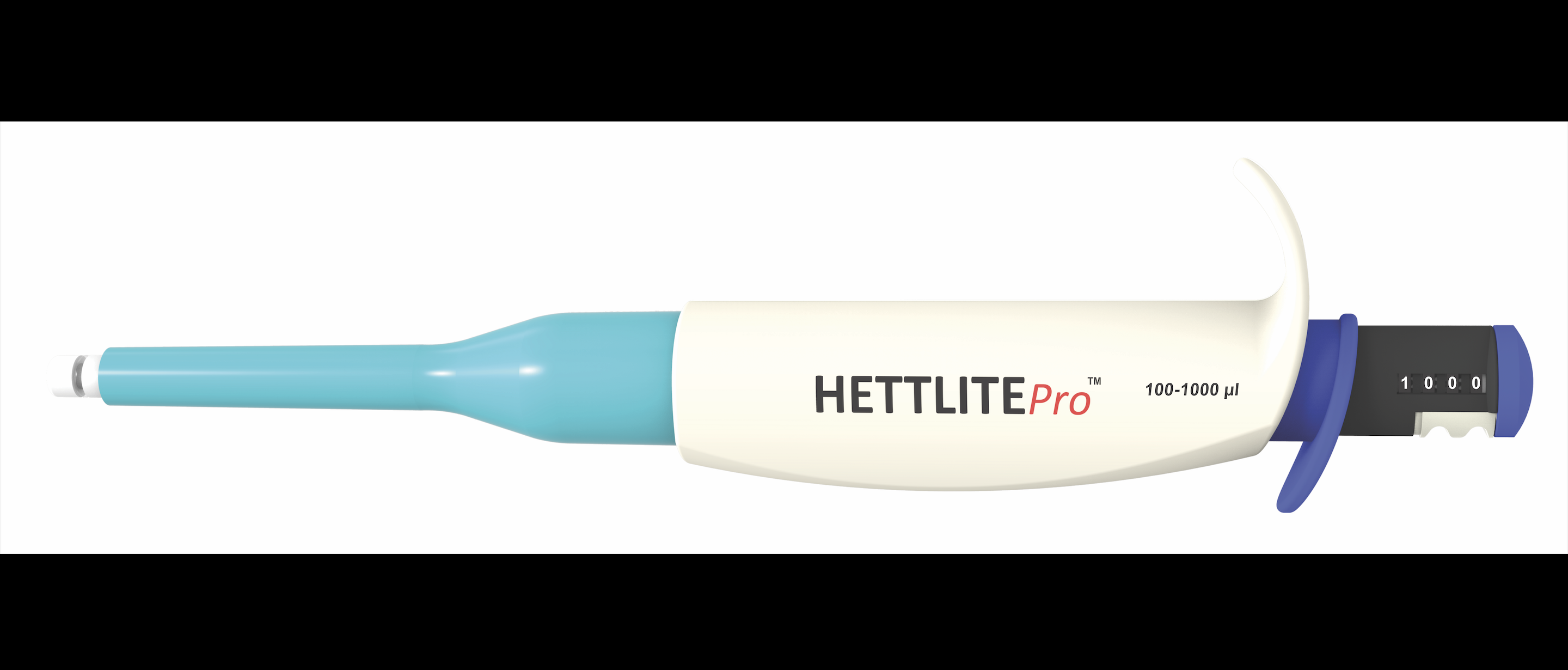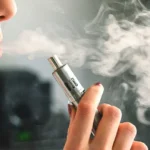The “startle strategy” is known to work its magic—”If you don’t quit the habit, it can end badly for you. You’re riding the “south train.” Get serious before it’s too late.” The emotion of fear is always a good incentive—a ride-or-die scenario. It’s determined; it’s exclusive. It’s potentially deadly. And it works, of course—like a charm. But for how long? When experiencing excruciating physical and mental pain, the being is willing—it offers full consent without us signing any physical papers. It screams—save me. Please, save me; I’ll do anything. However, is fear alone enough to stop us from glimpsing over the precipice? How long before the next relapse? How bad is it going to be this time? Long-term sobriety rides not on our ability to scare ourselves to death but on the mere idea of having a purpose. What do you think? Is it time to find your sense of purpose in addiction recovery?
“What’s the point?”
For any addictive personality type, asking, “Is there life beyond this?” seems like a fairly sensible question. Is there, really, and if so, will it be a good life? Or consecutive episodes of ceaseless, utter daunting? Will I ever experience joy again, be at ease, and silence the echo? Is there any hope? The mere concept of embracing “a new life” can not only seem implausible but devastating, as it invites abrupt goodbyes to our “old self, the familiar self.” And, surely, the questions arise—Why bother? What’s the point, anyhow? There will be no “ME” but a pale coat of a distant resemblance. The shell is empty—fair point. However, just because something is new doesn’t necessarily mean it’s lacking.
What a new life for anyone in addiction recovery needs, and desperately so, are two distinctive and ever-present things: meaning and purpose. The good news is—as human beings, we are granted access. Unlimited access.
Asking important questions
If our motivation for recovery drops, be it suddenly, gradually, stealthily, or evenly, the chances are—we are witnessing a loss of purpose. And down we go, into the rabbit hole. Downward spiral express. Instead of building positive momentum, an inherent weakness kicks in at the moment we lose track of our purpose and meaning, and we become miserable and irretrievably stuck. Or so it seems. It certainly feels like it. There is no way out but down. Hope is a dangerous thing. It can cause us exceptional harm. All the same—there’s no greater enemy than hopelessness.
So, how do you find your sense of purpose in addiction recovery? You ask questions. And you do your best to provide the necessary answers.
How do I define purpose?
Purpose, although ubiquitous, is an old, cunning shape-shifter. It holds no form, nor does it hold any particular one dear to its heart. It’s unbiassed. And picks no favorites. As humans, this is where we err—the purpose is seldom tangible, indeed. What propels us and drives us through life is what we’d call ulterior motives. It is also superficial; egotistical. And it’s often pure rubbish. It’s a lie, a well-crafted fabrication to help this physical vessel (i.e., body) move and thrive linearly. And it’s okay, as long as it works. However, we are also more than capable of mistaking our “wants” for a purpose.
In addiction recovery, the road to finding meaning feels like a cosmical pilgrimage—without a single familiar object in sight. And, of course, it’s terrifying. Purpose in recovery is not about setting common, earthly goals but more about approaching the self and embracing the scope of unfamiliarity. It’s about finding an undying motivation for living your life. LIVING—obtaining and maintaining the desire to feel sincere, organic enjoyment. The importance of spirituality during drug rehab is more than essential; it helps you stay on the path of sobriety. What more is there to lose? Let’s think. Deep breaths, deep thoughts.
Identifying the obstacles
Riding the “high wave” is only great for one thing: short circuits. Due to serotonin and dopamine overload, the body cannot function properly. It struggles to discern reality from artificially induced constructs—hence, we experience emotional and mental blunting—and chronically. For someone with an addiction history, it could take months or even years for the body to “reassemble” and give proper feedback. “What am I feeling? Am I feeling anything? Is it real?” When riding the short-circuit train, the ability to feel, own, and keep a sense of purpose in life becomes unabiding and unworthy of trust. Then, we have behavioral obstacles. If we approach sobriety with a closed-off attitude, the process will stagnate if we perversely insist on enforcing imperviousness. Do I know what drives me?
Mental health disorders (absence of shame and guilt, no access to a true sense of self) can also hinder the process of finding your sense of purpose in addiction recovery. And that’s exactly why humans invented psychotherapy with the help of a professional. Getting to the bottom of the culprit pool is more than plausible. Find your obstacles. What’s hindering you? What’s impeding the journey to attainable contentment?
Who am I?
This is only the most perplexing question known to human existence. This one’s easy—nobody knows. Well, most of us don’t. Enlightenment is hard to come by these days. Not knowing who you are is a fair presumption, and it’s nothing to be ashamed about. There are no correct answers. There are only exchanged hypotheses. And that’s a start. To find your sense of purpose in addiction recovery, you must (nobody likes imperatives, true) roll up those sleeves and dig deep. When, if not now? Ask big questions:
- How do I define my values? And do my values define me as a human being?
- Who is important to me and why?
- What are my positive personality traits? What do I look for in others?
- What am I proud of?
- What are my goals and dreams?
- What qualities do I have?
- Does reputation matter to me? What is my legacy?
- What are the things I want to appreciate more in life?
- Is there a commitment I want to make?
- What do I desire to change?
By answering these fundamental questions, you can tap into self-knowledge and self-awareness resources. What better way to have a good starting point for finding a purpose?
Embracing open-mindedness
Let’s put this bluntly: self-imposed imprisonment exudes primitive behavior. Addiction, although incredibly potent, offers nothing but tunnel vision; it is obstinate and narrow-minded. As those who have attended programs at Archstone Behavioral Health often describe it, addiction forms a symbiosis designed for utter destruction. And when you’re addicted, it works perfectly—a symbiosis made for utter destruction. However, sobriety doesn’t work that way. It needs a healthy narrative. It feeds on cognition and openness. The urge to resist all impending changes can only impede one’s journey – and the sense of purpose remains indefinitely absent—empty seat. By practicing open-mindedness, you can (slowly and painlessly) expand your emotional, spiritual, and mental boundaries—and let valuable information in. Consciously pushing away opportunities for growth is not how you find purpose in addiction recovery—it’s how you perpetually keep it at a distance.
Be open; try new things, even if it’s not to your initial liking. It might not be, but give it a try. Don’t give up that easily.
Purpose carpooling
The surface of human existence is not where one finds purpose; it’s not its natural habitat. It’s the inner stuff, the intangible kind. Money or success—it’s never about those things. It’s where one finds the source of true joy—and it’s somewhere within us. Finding it can be a lengthy process, riddled with frustration and despair. That’s why we carpool; let others take you there. If you start spending time around people who understand and practice their purpose, you are guaranteed to get in touch with your sense of meaning. Again, there’s no shame in that. How do we learn to tie our shoes? We watch how others do it. So let others inspire you. The things that give their life a sense of purpose can (and probably will) be wildly different from your own; all the same, spending time with people who are exceptionally connected to “the self” will spark motivation and energy for self-exploration. It really rubs off on you. Why? Because it feels too damn good.
Help others
A universal need, yet supremely powerful—helping others. Being of service, being someone’s support system; a pillar; a beam; someone’s savior. And it all loops back so nicely, as it gifts us with an abundance of self-love—all by proxy. It’s ingenious when you think about it. There is no higher purpose in one’s life than helping the ones in need. The more we give—the happier we get. Is it inexplicable? Not at all. It’s the purest form of self-love. And we all know we need it; badly. And let’s not mistake acts of kindness with people-pleasing—the two are nothing alike. Purpose stems from compassion, not manipulation.
Final thoughts on ways to find your sense of purpose in addiction recovery
Our expectations of a happy life can be complicated by addiction, and addictive behaviors can become vices that can impact our well-being. The continued compulsive use of a substance or behavior despite harm to self or others can lead to addiction. Psychiatrist Anna Lembke is a psychiatrist who focuses on studying the chemical dopamine, which is responsible for our desires and plays a significant part in addictive behaviors. In a recent podcast, she noted that many addictions today arise from behaviors that are not immediately considered addictive, like drugs and alcohol. Addiction is not limited to substance abuse; it can also involve compulsive behaviors that impact one’s well-being. The fear of addiction’s consequences can be a motivator, but purpose and meaning are essential for long-term sobriety. Purpose, however, can be elusive and difficult to define, as it is often mistaken for superficial desires. Addiction recovery requires identifying obstacles, such as serotonin and dopamine overload, and recognizing the importance of spirituality. In addition, it is essential to ask questions, identify the things that drive us, and find ways to overcome mental health disorders that may contribute to addiction.
Remember
If you can’t find your sense of purpose in addiction recovery—startle yourself. You are alive. Your life is a gift. Take it. Nurture it. Don’t be foolish.









